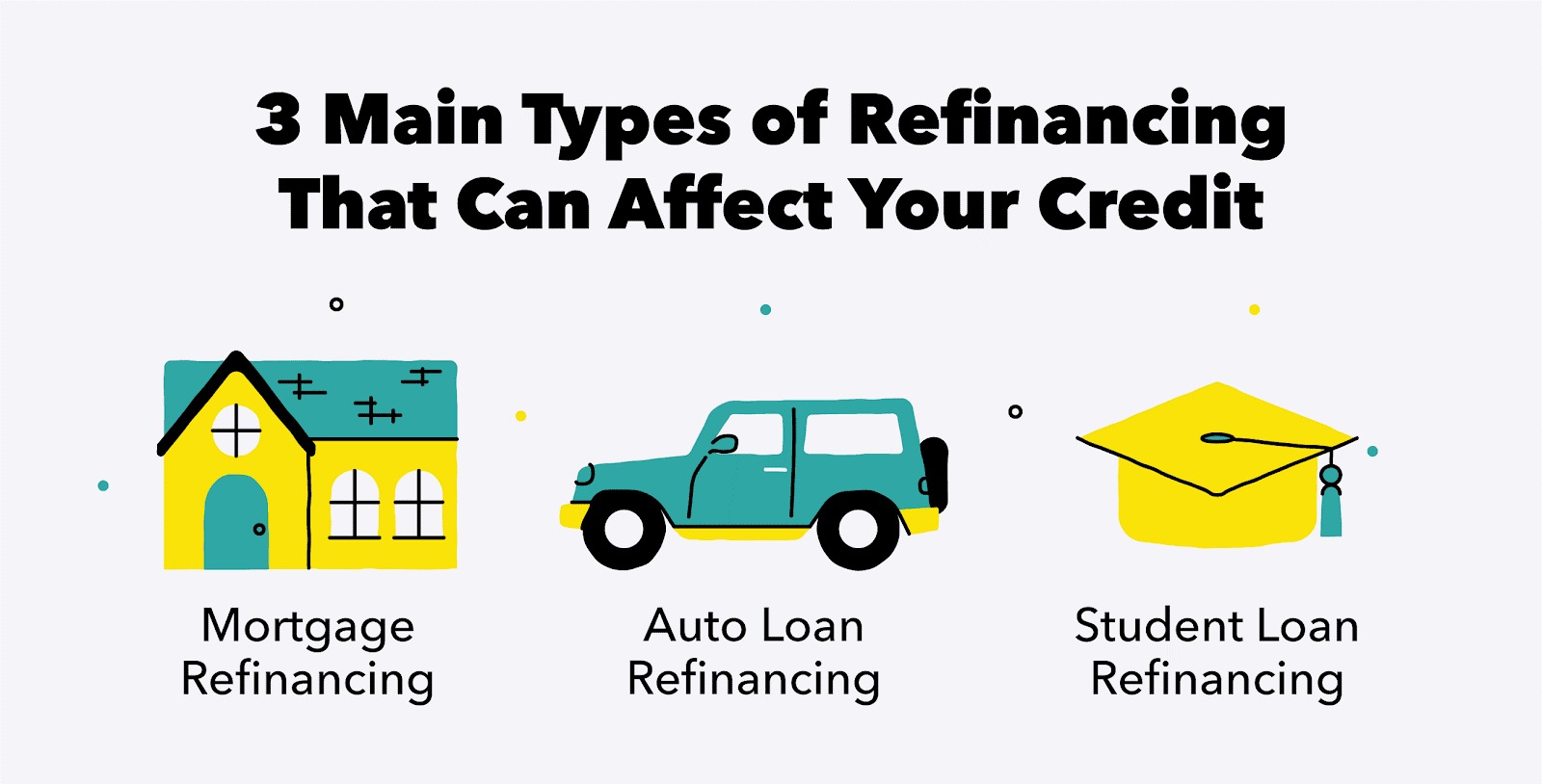

Finance
Squatter: Definition, Example, Legal Rights
Published: February 1, 2024
Learn about the definition and legal rights of squatters, along with examples, in the world of finance. Discover how squatter finance works and its implications.
(Many of the links in this article redirect to a specific reviewed product. Your purchase of these products through affiliate links helps to generate commission for LiveWell, at no extra cost. Learn more)
The Rise of Squatters: Definition, Example, Legal Rights
Are you familiar with the term “squatter”? It may bring to mind images of dilapidated buildings and people illegally occupying abandoned properties. However, the reality of squatters is not always so straightforward. In this article, we will delve into the world of squatters, defining who they are, providing an example, and shedding light on their legal rights. So, let’s unravel this phenomenon and see how it affects our society, particularly in the realm of personal finance.
Key Takeaways:
- Squatters are individuals or groups who occupy vacant or abandoned properties without the legal right to do so.
- Not all squatters have malicious intentions; some may be driven by financial necessity or a desire for a place to call home.
What is a Squatter?
A squatter is an individual or group that occupies a property without the legal permission or right to do so. They may take over abandoned or vacant properties, usually with the intention of making it their home. However, squatters can also emerge in commercial properties, causing legal and financial headaches for property owners and authorities alike. It’s important to note that not all squatters are the same, and their motives for occupying a property can vary.
An Example of Squatters in Action
Imagine a scenario where an investment property lies unoccupied for an extended period. The owner neglects the maintenance, and the property starts to fall into disrepair. With lack of maintenance and oversight, it becomes attractive to individuals or groups seeking a roof over their heads. These squatters spot an opportunity and decide to move in, gradually transforming the property into their makeshift home. The owner, discovering the intrusion, now faces the dilemma of reclaiming their property and dealing with the legal process involved.
Legal Rights of Squatters
Squatters’ rights, also known as adverse possession, vary from jurisdiction to jurisdiction. While many countries consider squatting as an illegal act, some legal systems provide limited rights and protections for squatters who meet specific criteria.
- Squatters may be able to claim ownership of a property if they have occupied it openly, exclusively, and continuously for a defined period. This period commonly ranges from a few years to a decade, depending on local laws.
- If the rightful owner wishes to remove squatters, they must typically follow legal eviction processes, as removing them by force can lead to legal consequences.
- Squatters may also have access to basic services like water and electricity, especially if their presence prolongs for an extended period.
Squatters’ rights are a complex and contentious issue. Advocates argue that squatters provide a solution for homelessness and underutilized property, while opponents contend that it infringes on property owners’ rights and can lead to legal and financial burdens.
It is crucial for property owners to stay informed about the laws and regulations pertaining to squatters in their jurisdiction to protect their rights and interests. Additionally, communities and municipalities should prioritize efforts to address homelessness and provide affordable housing to discourage the emergence of squatters.
In conclusion, while squatters may seem like characters from a crime drama, the reality is far more nuanced. Understanding the definition, example, and legal rights of squatters helps us navigate the complexities surrounding this issue. By doing so, we can better protect both property owners and those in need, fostering a more balanced and socially responsible society.














